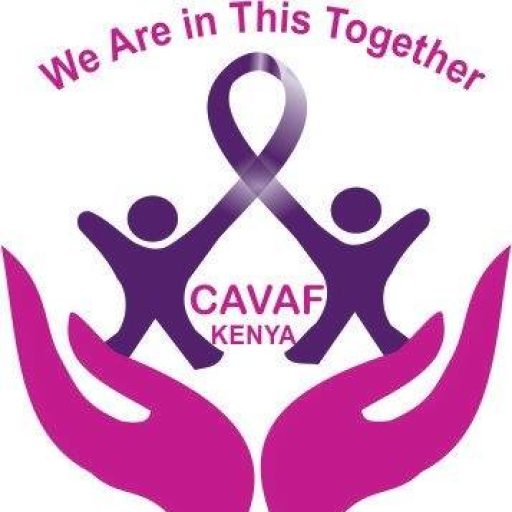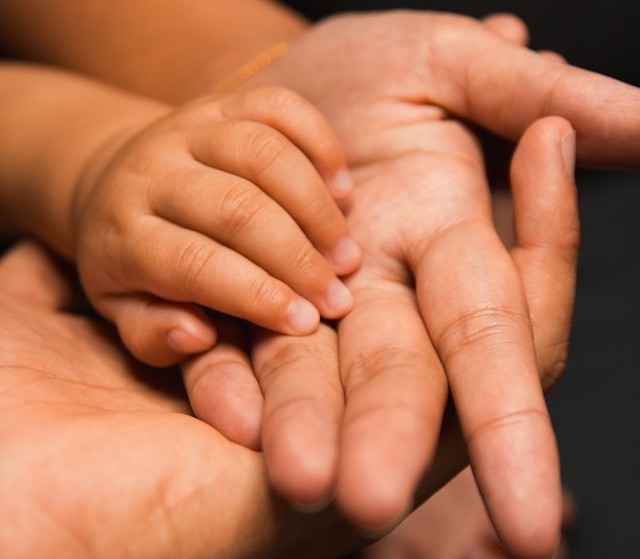Cancer. It’s a word that can evoke fear, confusion, and uncertainty. But amidst the fear, there’s also hope, knowledge, and empowerment. Let’s shine a light on this complex topic and separate myths from facts:
Myth: Cancer is always a death sentence. Fact: While a cancer diagnosis can be frightening, many people live long and fulfilling lives after treatment. Advances in early detection, treatment modalities, and supportive care have significantly improved outcomes for many types of cancer.
Myth: Only older people get cancer. Fact: Cancer can affect individuals of any age, from children to the elderly. While age is a risk factor for certain types of cancer, lifestyle factors, genetics, and environmental exposures also play significant roles in cancer development.
Myth: Cancer is contagious. Fact: Cancer itself is not contagious. It’s caused by genetic mutations or changes in cells that lead to uncontrolled growth. However, some viruses, such as HPV and hepatitis B and C, can increase the risk of certain cancers, but these viruses are spread through specific modes of transmission, not casual contact.
Myth: You can’t do anything to prevent cancer. Fact: While not all cancers are preventable, many risk factors are within our control. Adopting a healthy lifestyle, including maintaining a balanced diet, regular exercise, avoiding tobacco, limiting alcohol consumption, and practicing sun safety, can significantly reduce the risk of developing certain types of cancer.
Myth: Cancer treatment always causes unbearable side effects. Fact: While cancer treatments like chemotherapy, radiation, and surgery can cause side effects, advances in supportive care have helped manage many of these symptoms effectively. Additionally, not all cancer treatments have the same side effects, and personalized treatment plans aim to minimize discomfort while maximizing efficacy.
Myth: Once treatment is over, you’re cancer-free. Fact: Achieving remission or being declared cancer-free is a significant milestone, but cancer survivors require ongoing monitoring and follow-up care. Regular check-ups, screenings, and lifestyle modifications can help detect any recurrence early and promote overall health and well-being.
Education, awareness, and support are powerful tools in the fight against cancer. By dispelling myths and embracing facts, we empower ourselves and others to take proactive steps towards prevention, early detection, and effective treatment. Together, we can continue to raise awareness, support research, and offer hope to those affected by cancer.






